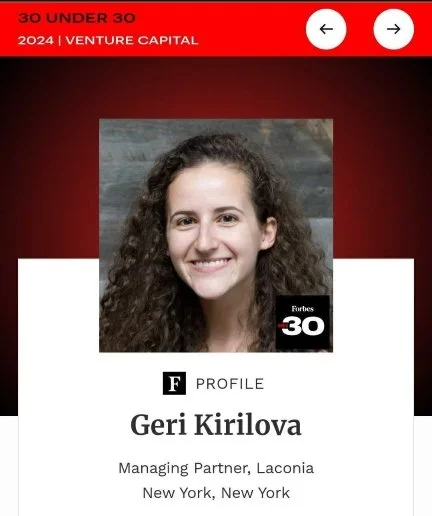Regardless of causes, we know good deals are still out there, and we're willing to wait for the right ones. With new investments, we are as attentive as ever to the key milestones that they have to achieve, especially given the funding slowdown at Series A and beyond.
Despite best efforts, we know that the nature of the venture business is such that not all companies survive. We have a sober view of the challenges ahead and continue to work closely with all founders in our orbit on navigating the market turbulence.
We would like to add a word about AI, which we are seeing presented more and more in company pitches as well as within our own portfolio companies. Our portfolio founders have typically paid close attention to AI’s development for years. And our view is with the consensus: AI will be world changing-over the next 10+ years. New AI-enabled platforms will replace many of what will then be legacy software; the dynamic cycle of digital tech never stops, which much of our investment thesis is predicated upon.
Given the above, we are not avoiding investing in AI; rather, we are focused on AI’s value to customers vs. funding AI for AI's sake. The tech world seems to be at an inflection point similar to 2001-2004. The first phase of Web 1.0 during the 1990s built the infrastructure that Web 2.0 companies built upon after that period’s investment bubble burst.
History has shown that in tough times, iconic companies emerge and flourish:
Founded 1998-2004: Paypal, Salesforce, LinkedIn, Tesla, Tableau, Facebook
Founded 2007-2010: Airbnb, Dropbox, WhatsApp, Slack, Square, Uber, Stripe, Warby Parker, and many more.
Despite the jumble, we are bullish.


